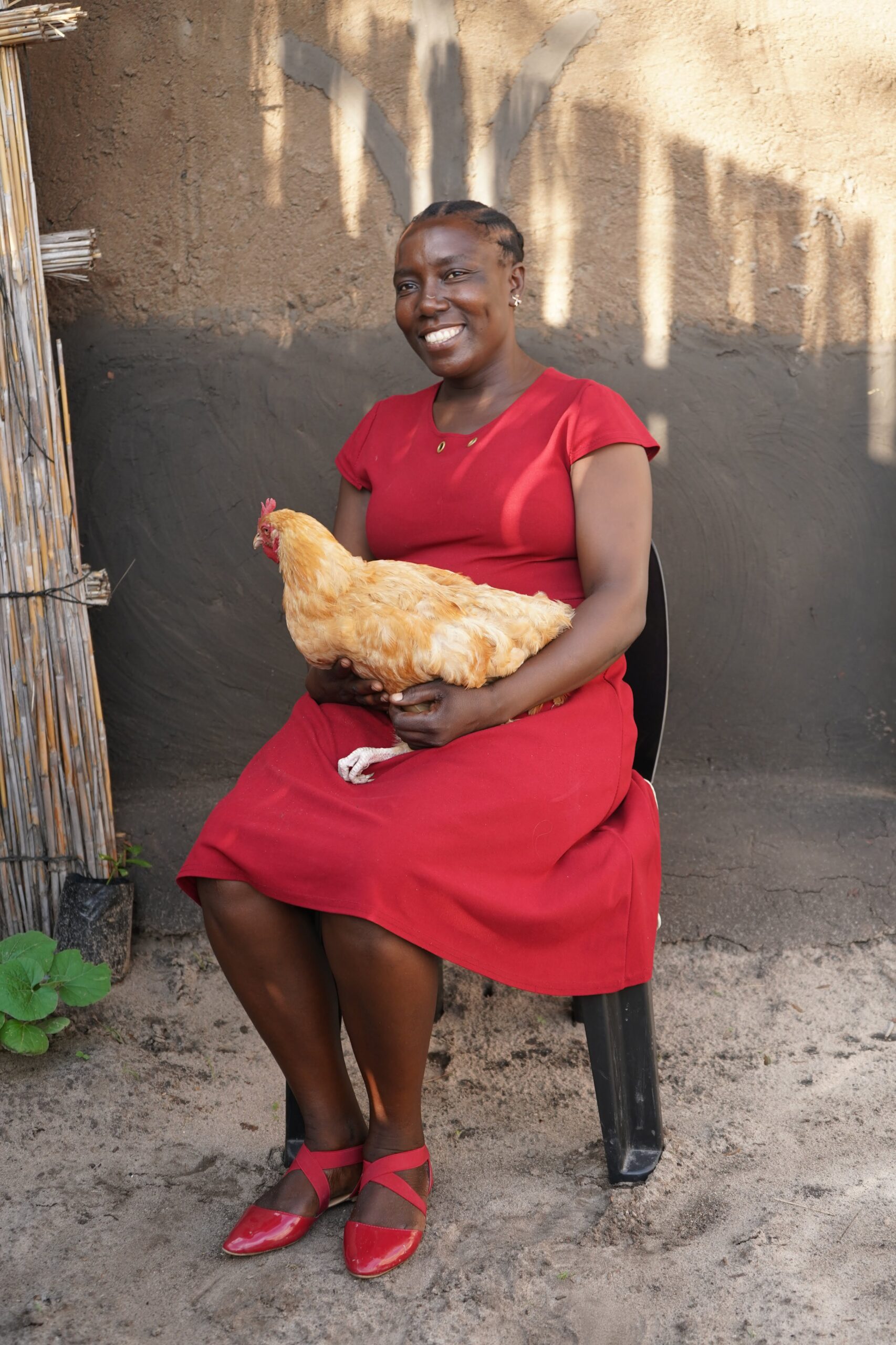
The Solar Mamas initiative empowers local women in Botswana to improve their economic prospects while providing a much-needed service to their communities through solar-powered electrical systems.
London, UK, 2022-Mar-04 — /Travel PR News/ — Great Plains offers safari experiences built around bespoke, caring and considerate values. Just by embarking on a safari with Great Plains in Kenya, Botswana or Zimbabwe, you are contributing to a wider mission, to help expand and protect natural habitats for future generations. There are many notable and inspiring female leaders behind Great Plains and its charitable arm Great Plains Foundation, working to conserve and expand natural habitats in Africa through innovative conservation initiatives, with a long-term commitment to the environment, wildlife and local communities. They include:
Beverly Joubert, Great Plains Co-Founder and National Geographic Explorer
The internationally acclaimed Beverly Joubert is an award-winning filmmaker, photographer, wildlife conservationist and National Geographic Explorer-at-Large with over 40 films co-produced with her husband Dereck Joubert, and with 14 published books co-authored with Dereck. Beverly Joubert and her husband have been recognised internationally for the raw authenticity of their work with accolades including: The World Ecology Award, a Peabody Award, 22 Emmy nominations and 8 Emmy Awards as well as the Presidential Order of Merit in Botswana. As one of the passionate co-founders of Great Plains, Beverly and with her husband Dereck are also the founders of the Big Cats Initiative, Project Ranger and their charity Great Plains Foundation.
Whilst the Jouberts have won international recognition for their films and conservation work their greatest rewards have come not in the form of trophies but rather in their conservation successes, helping local communities, saving the wildlife they are so passionate about and the wilderness which has become their home.
Beverly has also been closely involved with Great Plains Foundation’s Solar Mamas initiative. Great Plains Foundation recently took nine ladies from selected Botswanan rural communities to India for six months to undertake solar engineering training. Upon returning to Botswana, these Solar Mamas shared their knowledge and set up solar plants and businesses in their communities as a source of power, income generation and empowerment. With small business enterprise training, the Solar Mamas have also shared their knowledge and skills with their communities to develop small businesses.
Solar Mama Project
The Solar Mama project was launched in early 2019 to combat a lack of economic opportunities and electricity needs in Okavango Delta, Botswana. Nine leading ladies across five communities, known as the ‘Solar Mamas’, attended a six-month solar power training program in India through Barefoot College International, gaining the skills and knowledge to run a business and provide sustainable energy for their communities. The Solar Mamas aim to electrify 950 rural households during 2021 and 2022 in Ngamiland, Botswana bordering the Okavango Delta, where only 35% of households are electrified. By upskilling women in rural communities with the requisite knowledge to become “solar engineers” trained to build, install, and maintain solar units, this initiative is also advancing gender equality by shifting gender dynamics – encouraging women to pursue job training and build skillsets allowing them to become entrepreneurs and leaders in their communities.
Olebogeng ‘Lebo’ leads a group of seven ladies in a Solar Energy business bringing safe and clean energy to off-grid families in northern Botswana. Lebo and her all-female team of Solar Mamas have already installed over 200 safe and sustainable electricity systems to off-grid families in the Okavango region, with lights linked to the battery. The impact has extended more widely than originally expected–the lights help school kids study safely after dark and women can continue their businesses into the evening, while the lights also act as elephant deterrents in an area of human wildlife conflict. Lebo has become a true leader in the surrounding communities and an ambassador for women empowerment and business in the region.
The Female Rangers
Great Plains employs selected female rangers to conduct natural resource monitoring in Botswana. Currently, there are 25 female rangers from the eastern Panhandle region of the Okavango, an isolated area where traditionally employment is scarce. The female rangers collect baseline data on the area’s natural resources, such as water levels which fluctuate seasonally due to annual flooding, fire, invasive alien plants, herbivore and predator species and numbers, and wildlife crime. They are each taught survival skills, how safely to perform unarmed monitoring patrols, how to record and report the data using state of the art technology. The data collected will be used to maintain a close eye on the natural systems, to share with those mandated to make management decisions at greater landscape scale.
With empowering community initiatives ranging from educational programmes to renewable energy projects to wildlife protection, Great Plains Foundation covers many important challenges. By going on safari with Great Plains you are contributing to these community projects. Further details on the many initiatives at Great Plains Foundation can be found here.
